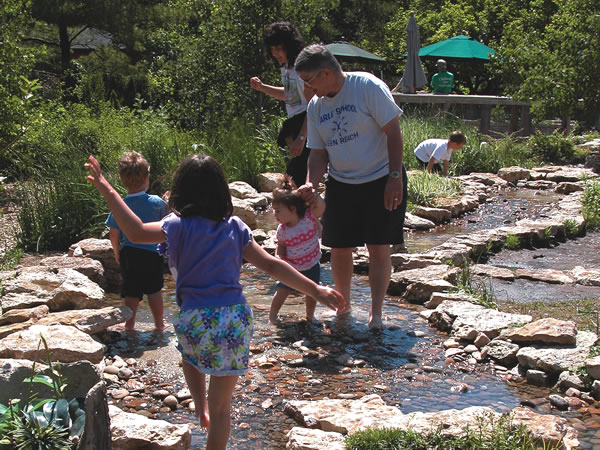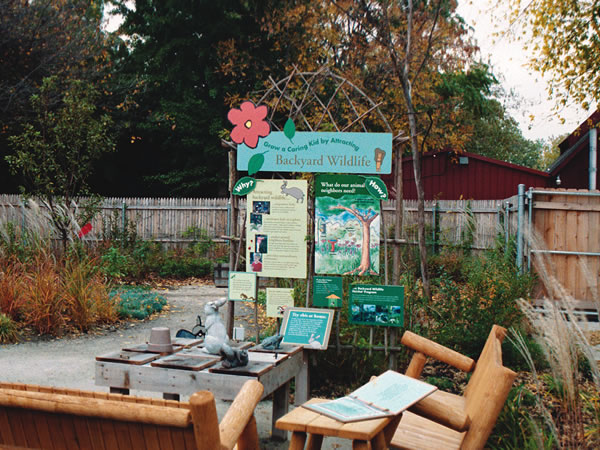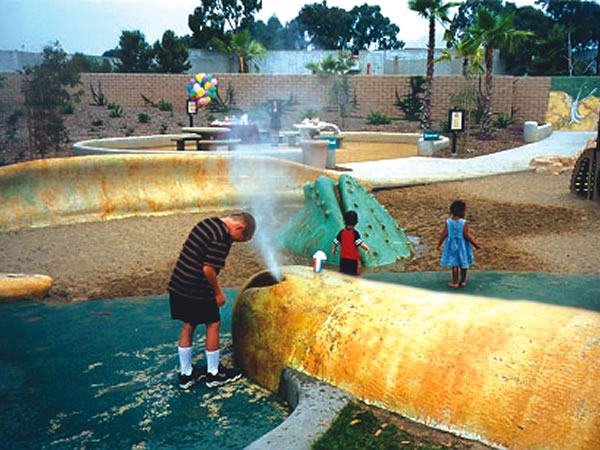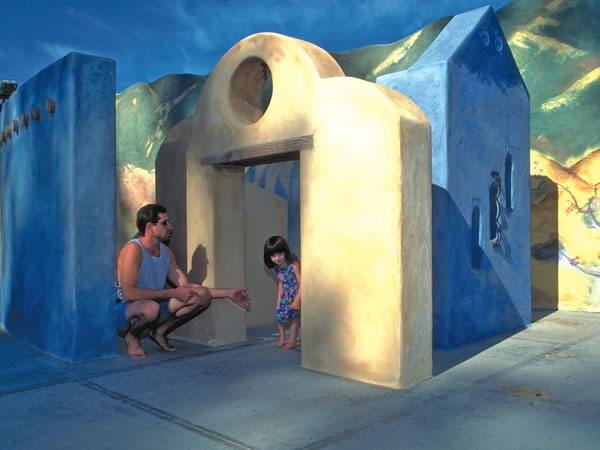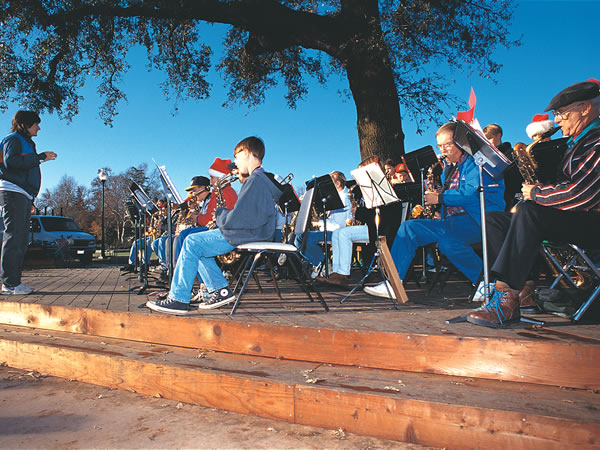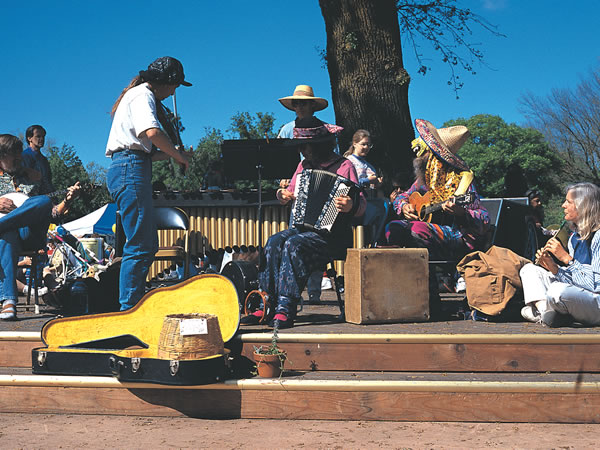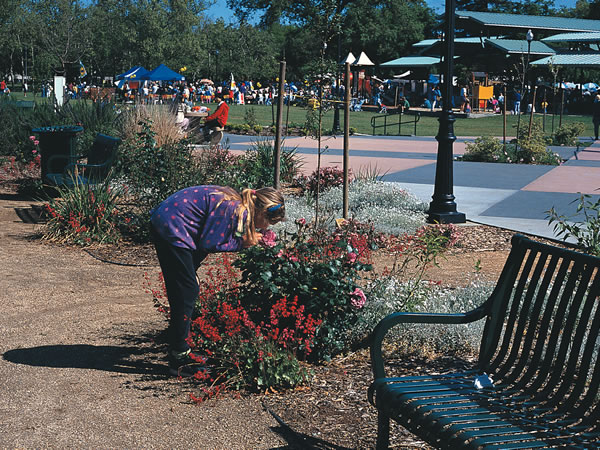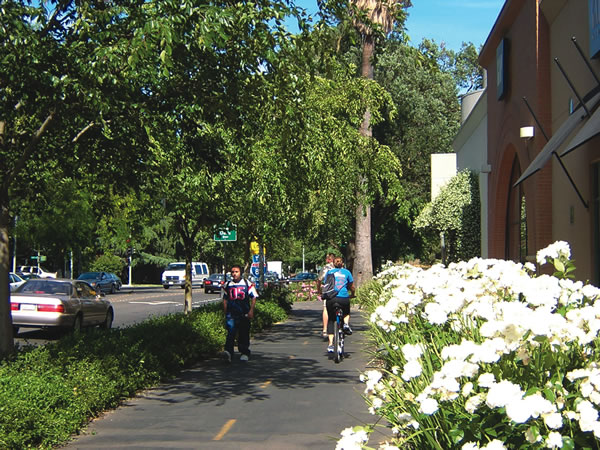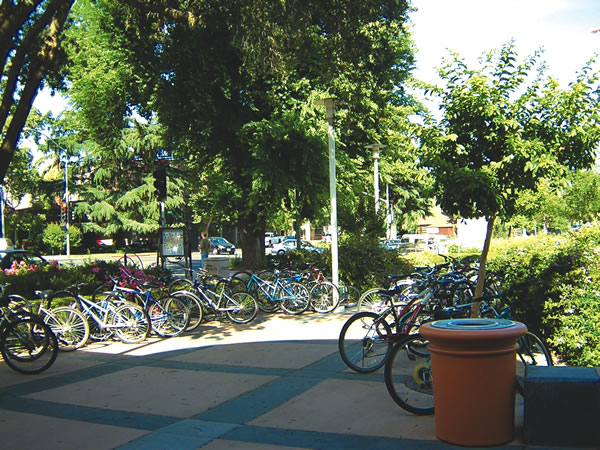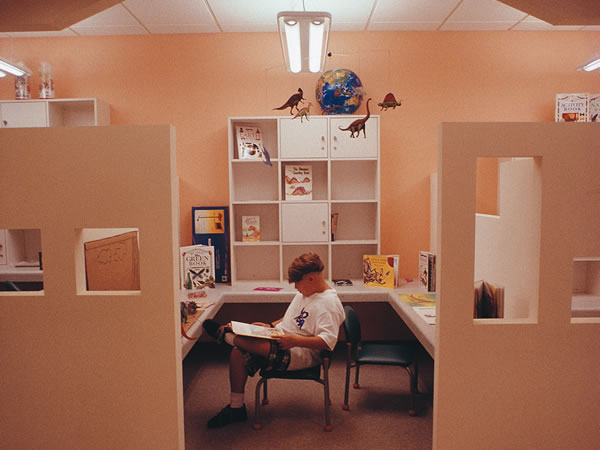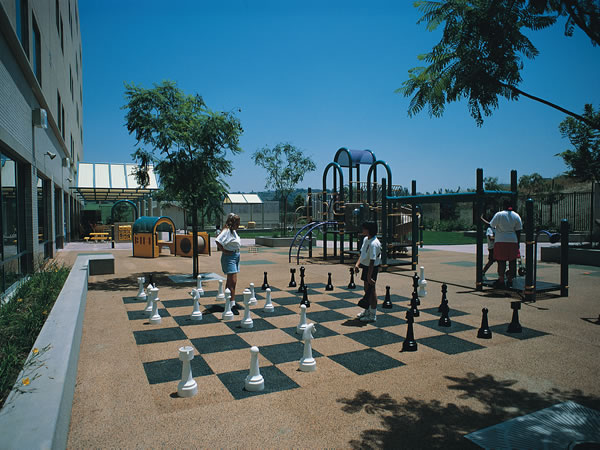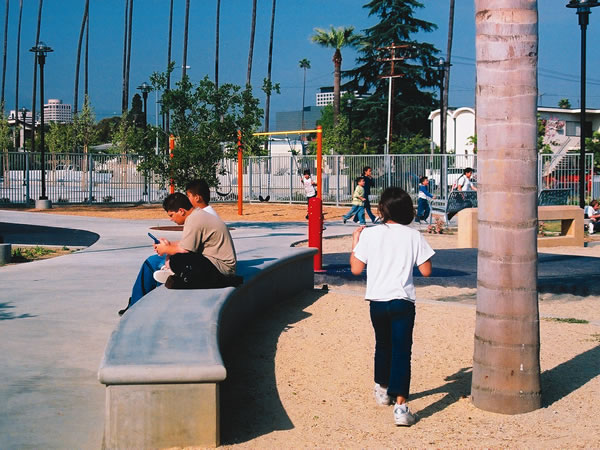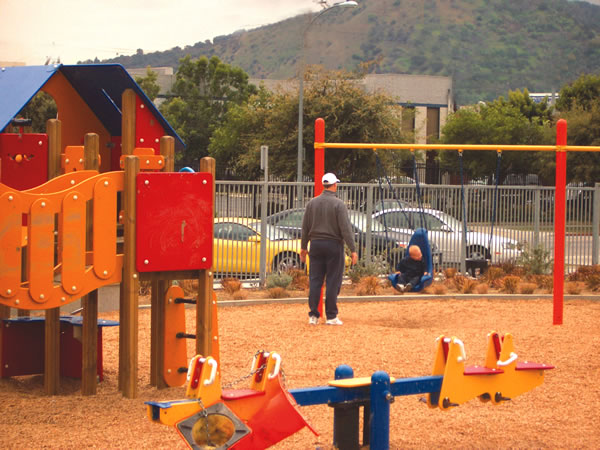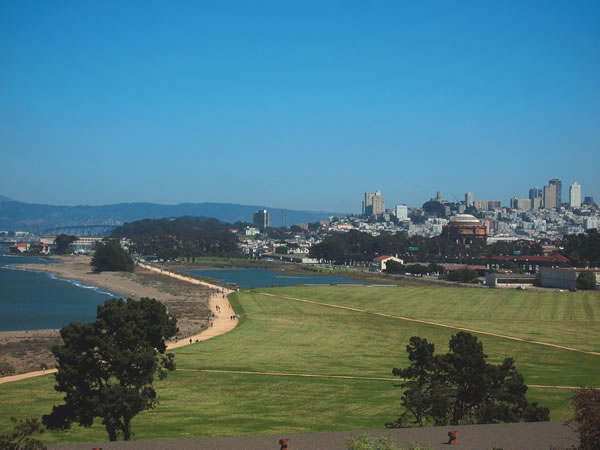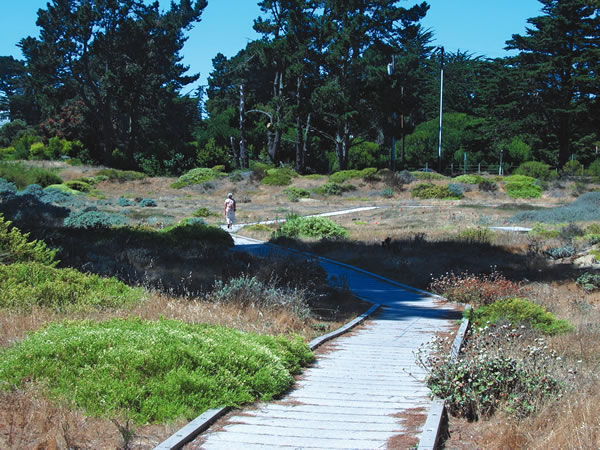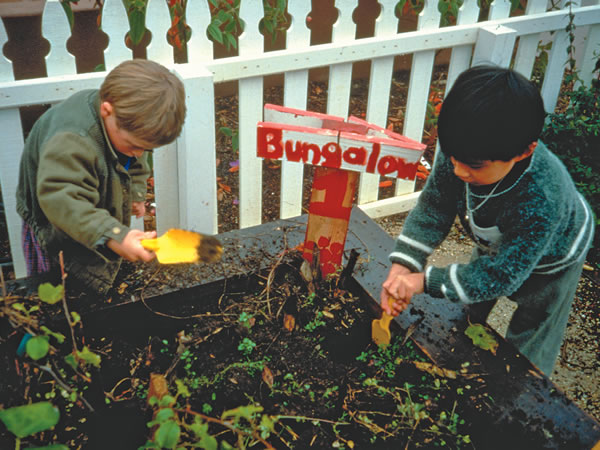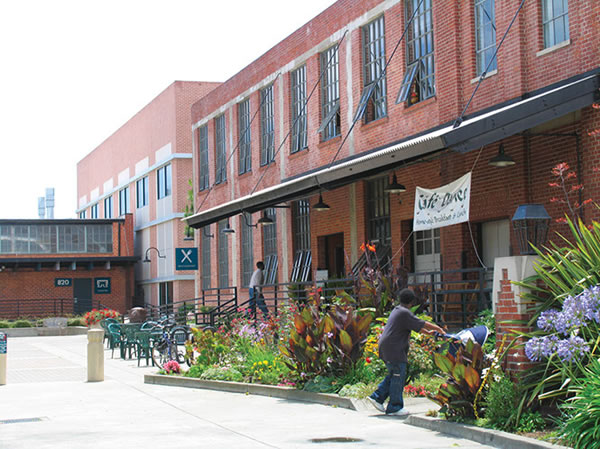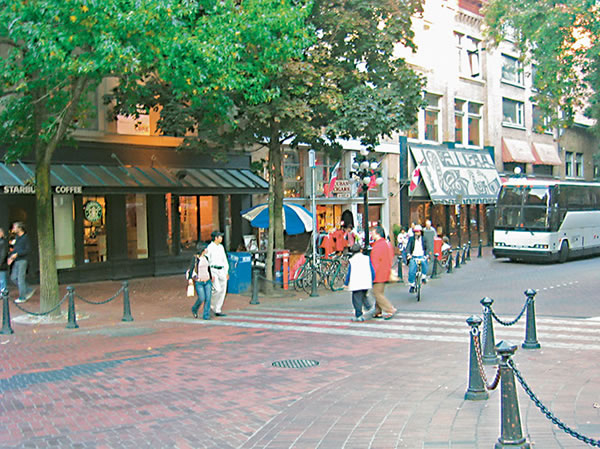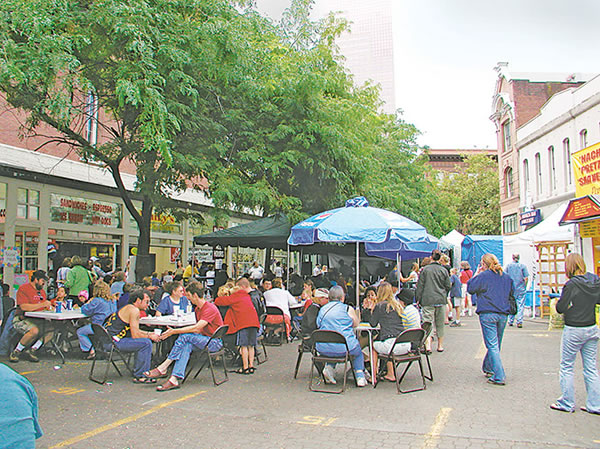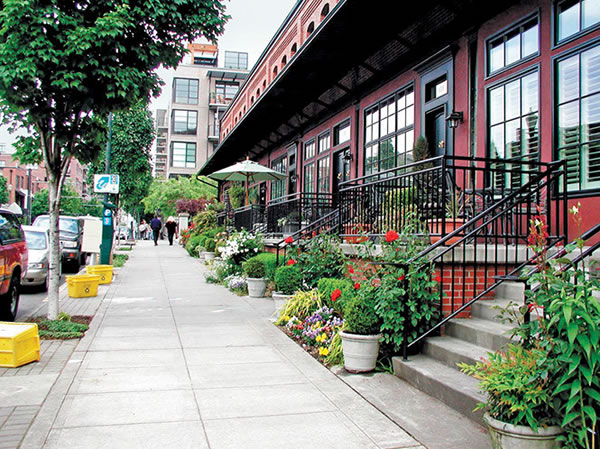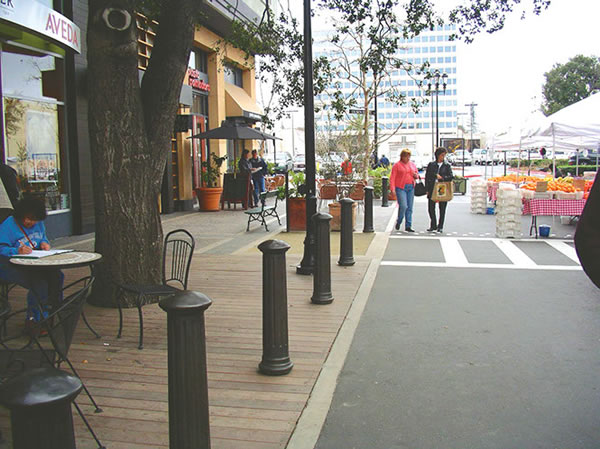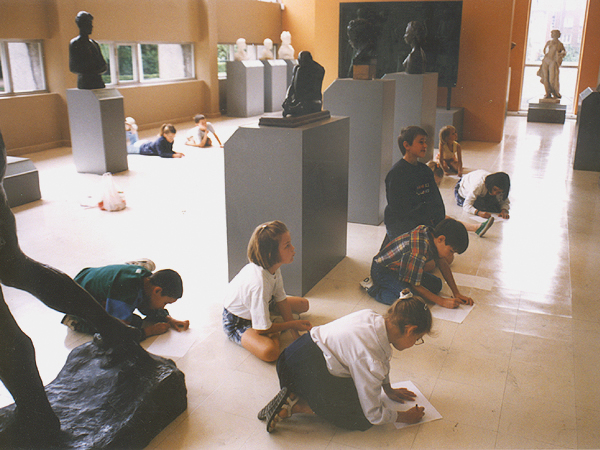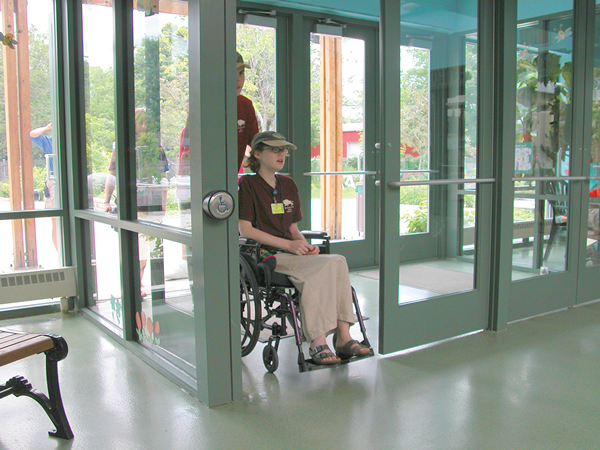Research on the Social Art of ArchitectureThe BERKELEY PRIZE is begining to assemble an online resource of research materials for use by faculty interested in teaching the social art of architecture.. The materials begin with pieces collected as part of the second Teaching Fellowship on the "The Architect and the Healthful Environment." and continue with references from the inaugural Teaching Fellowship on the "Architect and the Accessible City." All are applicable to the process of instituting a thoughtful change in the way architecture is currently taught. We Have Designed Cities to Make People IllA report on remarks by Thomas Fisher, Dean of the College of Design, University of Minnesota, USA, at the 2014 American Institute of Achitects national convention held in Chicago, Illinois, USA. This brief summary serves as a introduction to Fisher's work as one of the leading architectural ethicists in the United States. A House for Someone Unlike MeA video produced by the National Center for a Barrier Free Society in 1984, funded by the Exxon Education Foundation, documenting the work of Professor Raymond Lifchez, Chair of the BERKELEY PRIZE Committee, towards creating a curriculum and teaching methodology that is particularly sensitive to the needs and challenges of the "other", in this case, the disabled. Applicable to any design project that places the social art of architecture at the forefront of concern, Professor Lifchez's work on this project is explored in depth in Rethinking Architecture: Design Students and Physically Disabled People (University of California Press, 1987). Adaptive Environments - Strategies for Teaching Universal DesignA book-length text, edited by Polly Welch, published by Adaptive Environments Center (Boston, Massachusettes, USA) and MIG Communications (Berkeley, California, USA) in 1995. The book, underwritten in part by the National Endowment fo the Arts, is an effort to bring Universal Design education teaching into the mainstream of design discourse, as well as the descriptive documentation of a pilot program to enable future critical analysis of the long-term outcomes. This book remains today the primary resource for teaching Universal Design. Mining our Natural Resources: The User as ExpertA summary article written by Elaine Ostroff, Hon. AIA, Coordinator of the PRIZE Teaching Fellowship program, that was first published in INNOVATION, the Quarterly Journal.of the Industrial Designers Society of America, in 1997. Ostroff developed the term user/expert and has done significant work to establish the use of user/experts in the design studio. This simple yet profound idea is that the people who know the most about any design requirement are the users - who, by definition, are therefore experts in defining and evaluating their own interactions with specific environments. Urban Design for All of Us - A New PedagogyA power-point presentation by 2013 Teaching Fellow, Josh Safdie (Massachusetts College of Art and Design; Institute for Human Centerd Design), titled "Urban Design For All of Us - A New Pedagogy: Teaching to Diversity from Boston to Moscow. Prepared in part for Safdie's role as coordinator for the New Msscow Inclusive Design Competition held in Russia in March, 2014. How to Write Text DescriptionsAn article, written for the Universal Design Education Project, a project of Adaptive Environments Center (Boston Massachusetts, USA), explains how to properly describe visual images to those who are visually impaired or without access to adequate bandwidth, the kind of specific problem needing to be addressed in dealing with those unlike our ourselves. Additional Help and InformationAre you in need of assistance? Please email info@berkeleyprize.org. |
|

